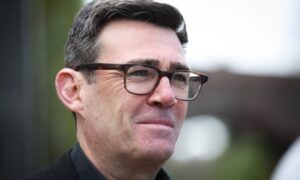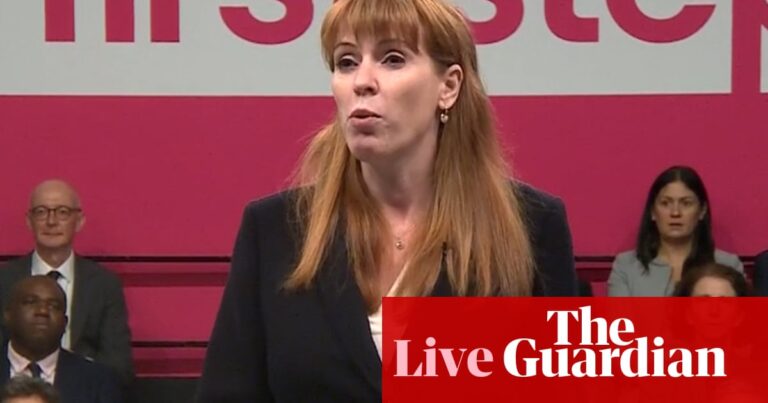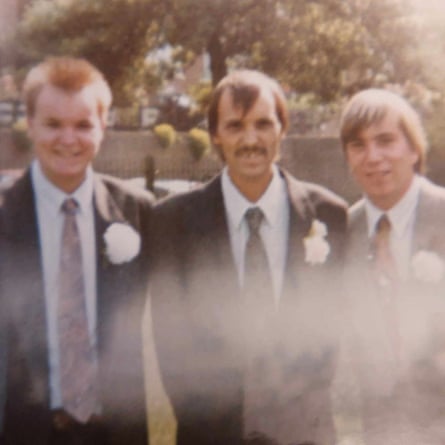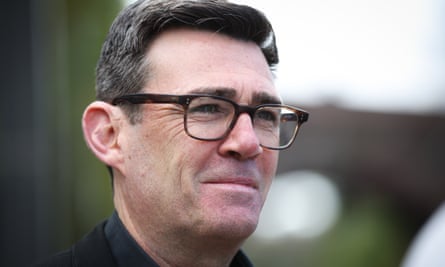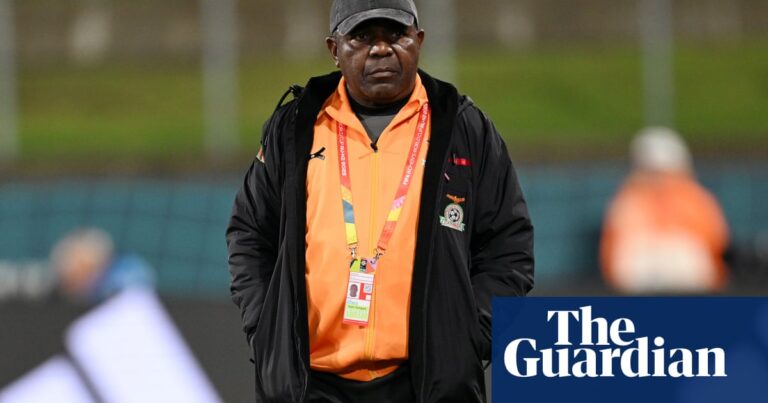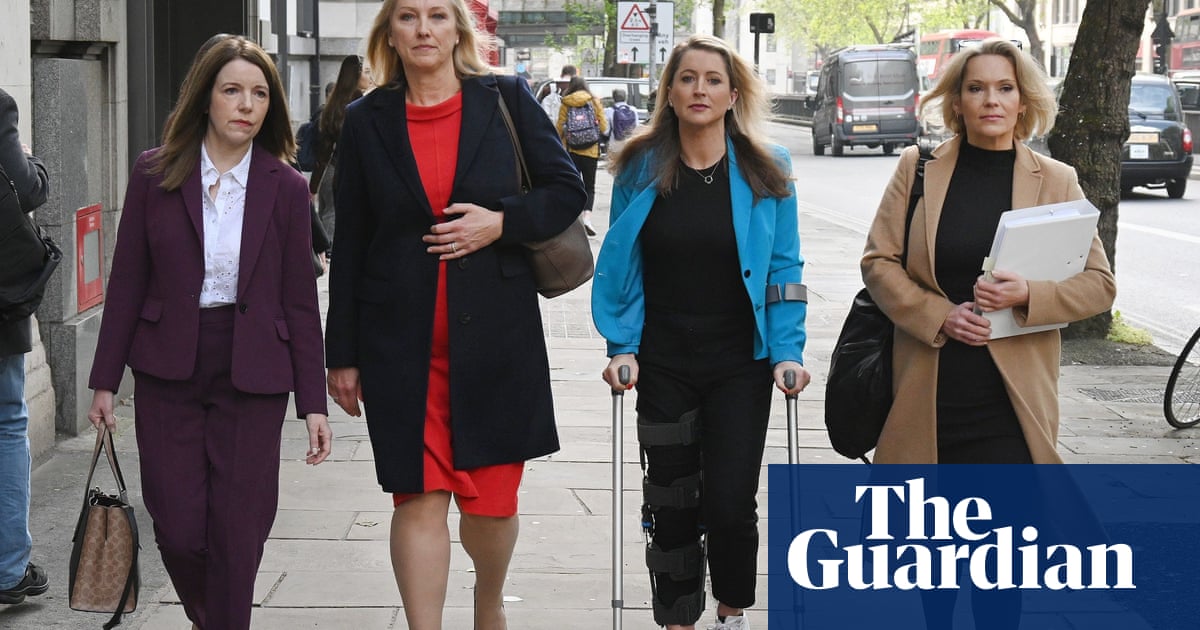
Four senior female news presenters have accused the BBC of “grinding down” women on pay and failing to tackle persistent pay discrimination at a tribunal court hearing in London.
The presenter Martine Croxall – alongside Karin Giannone, Kasia Madera and Annita McVeigh – accused the broadcaster of conducting a “sham recruitment exercise” after they lost their jobs when the BBC merged its domestic and global news channels last year.
In witness statements the women, aged between 48 and 54, said they had been discriminated against because of their sex, age and union membership.
The four said they had been victimised and suffered harassment, ill-health and reputational damage for bringing their claims, which had resulted in them being off air for more than a year. The BBC has denied the claims.
The women said evidence from a whistleblower would show that the BBC “rigged” the process of recruiting chief presenters for the new BBC News channel in January 2023 and they were “set up to fail in the jobs process”.
In documents the women said that Jess Brammar, the BBC’s then editor of news channels, “privately assured four other chief presenters – two men and two younger women – their jobs were safe, but admitted she couldn’t say much ‘for legal reasons’”.
In witness statements the women said that while some of them were demoted, others faced a pay cut. They added: “No men and no women younger than us suffered these detriments.”
They said reports from clinical psychologists would show they had suffered “negative physical and mental health impacts” because of their treatment by the BBC.
Court documents showed that the women have had multiple equal pay battles with the BBC.
Croxall and McVeigh settled an equal pay claim with the broadcaster in 2014 and pursued a further dispute in 2020 before starting this legal claim. In court documents the women said they accepted a pay revision from the BBC in 2020 after “it became apparent the BBC had allowed its pay for news channel chief presenters to again become tainted by sex”.
Speaking in court on Wednesday, Croxall said discrimination was “baked in” to BBC pay structures. She said she recognised the expense of equalising pay, adding: “I can see why they don’t want to [equalise pay], but it is unlawful to pay women less than men.”
Referring to previous settlements she had made, Croxall told the court: “The BBC grinds you down, it breaks you. You don’t feel like you can continue with it in the moment and that’s why I’m here.”
On the opening day of a two-day preliminary hearing at London central tribunal court the 55-year-old broadcaster, who has been off air since March 2023, said there were “bad structural problems” surrounding equal pay at the BBC that had not been addressed despite repeated promises from Tim Davie, the director general.
Croxall said that over a decade as a union representative she had helped “many women” with equal pay claims and knew that “despite assurances publicly by the [BBC] director general that these issues would not arise again, I knew they would”.
The women are hoping that the evidence put forward on Wednesday could form part of a full hearing, which could take place later this year. Lawyers for the BBC argued that previous settlements should mean the equal pay aspects of their claims should not progress to a full hearing, with a decision yet to be made.
The BBC insists its application process was “rigorous and fair” and also denies the claims that the women were paid less than an equivalent male colleague, according to its website.
In 2020 Samira Ahmed won an equal pay claim against the BBC, two years after Carrie Gracie, a former China editor, won substantial back pay. The broadcaster Sarah Montague has also said she won a £400,000 settlement and an apology from the BBC over unequal treatment. In 2021 the corporation disclosed it had spent more than £1m on legal fees fighting equal pay and race discrimination cases brought by staff.
The BBC declined to comment. The hearing continues.
Source: theguardian.com





